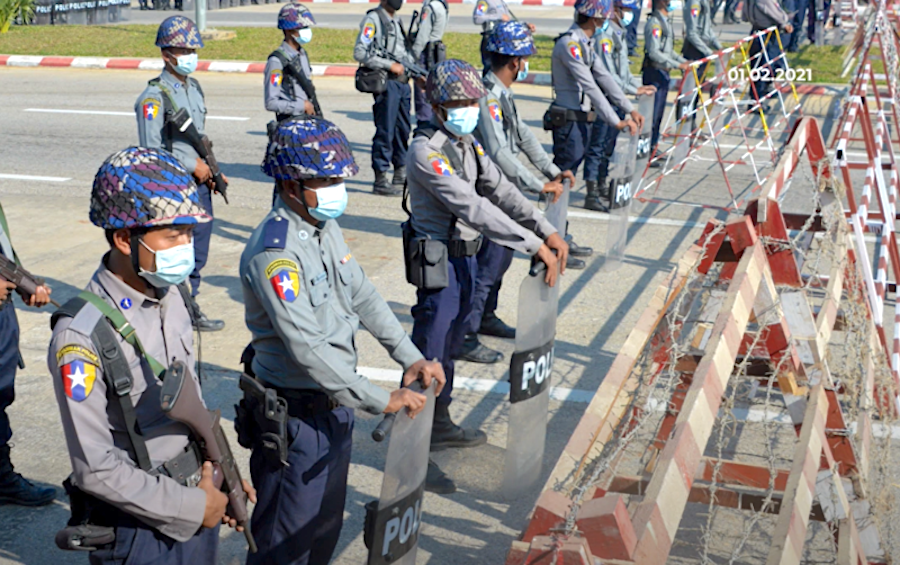China’s Jan-Feb copper, tin ore imports from Myanmar fall amid unrest

China’s imports of copper metal and tin ore from Myanmar both fell more than 25% year-on-year in the first two months of 2021, customs data showed on Saturday, shedding some light on trade flows amid a state of emergency in the Southeast Asian country.
The military seized power in Myanmar, the world’s third-biggest tin miner, on Feb. 1, alleging fraud in November’s elections. The coup sparked widespread pro-democracy protests, including in the copper mining hub of Monywa.
Myanmar accounts for more than 95% of China’s imports of tin concentrate, used by smelters to make refined tin, although the International Tin Association said supply was largely “isolated” from the coup, with only around 20% possibly affected.
Imports in January and February totalled 16,986 tonnes, Chinese customs data showed, down 26.5% from a year earlier.
Chinese data for the first two months of the year is often considered as a whole due to the distortion of the Lunar New Year holiday.
Imports in February alone were up more than sixfold to 8,241 tonnes after the coronavirus outbreak caused major disruption a year earlier but were still down sharply on late 2020 levels.
China’s imports of copper cathodes, used to make rods and tubes, from Myanmar totalled 8,350 tonnes in January and February, down 25.5% year-on-year.
February imports were down 55.4% at 4,998 tonnes.
Wanbao Mining, the Chinese operator of two Monywa mines, has not publicly commented on their production status since the unrest, although a source with knowledge of the operation said copper can still be shipped to China and the bulk of flows begin in the summer.
The picture for rare earths was mixed, with zero imports of mixed rare earth carbonate in January-February but rare earth oxide imports up 25.7% year-on-year at 3,546 tonnes.
China is the world’s top producer of the group of minerals used in consumer electronics and military equipment. It relies on Myanmar for about half its heavy rare earth feedstock.
(By Tom Daly; Editing by Mark Potter)
{{ commodity.name }}
{{ post.title }}
{{ post.date }}




Comments